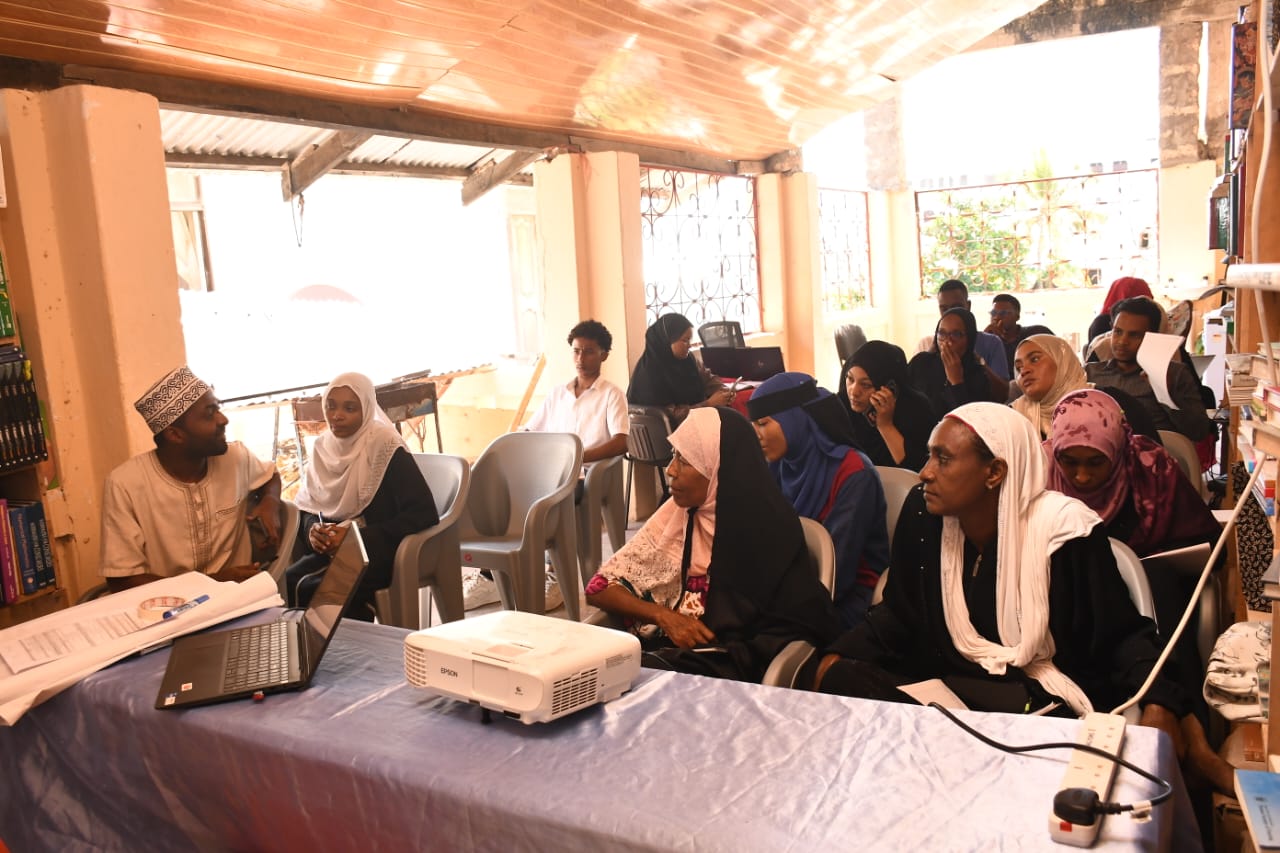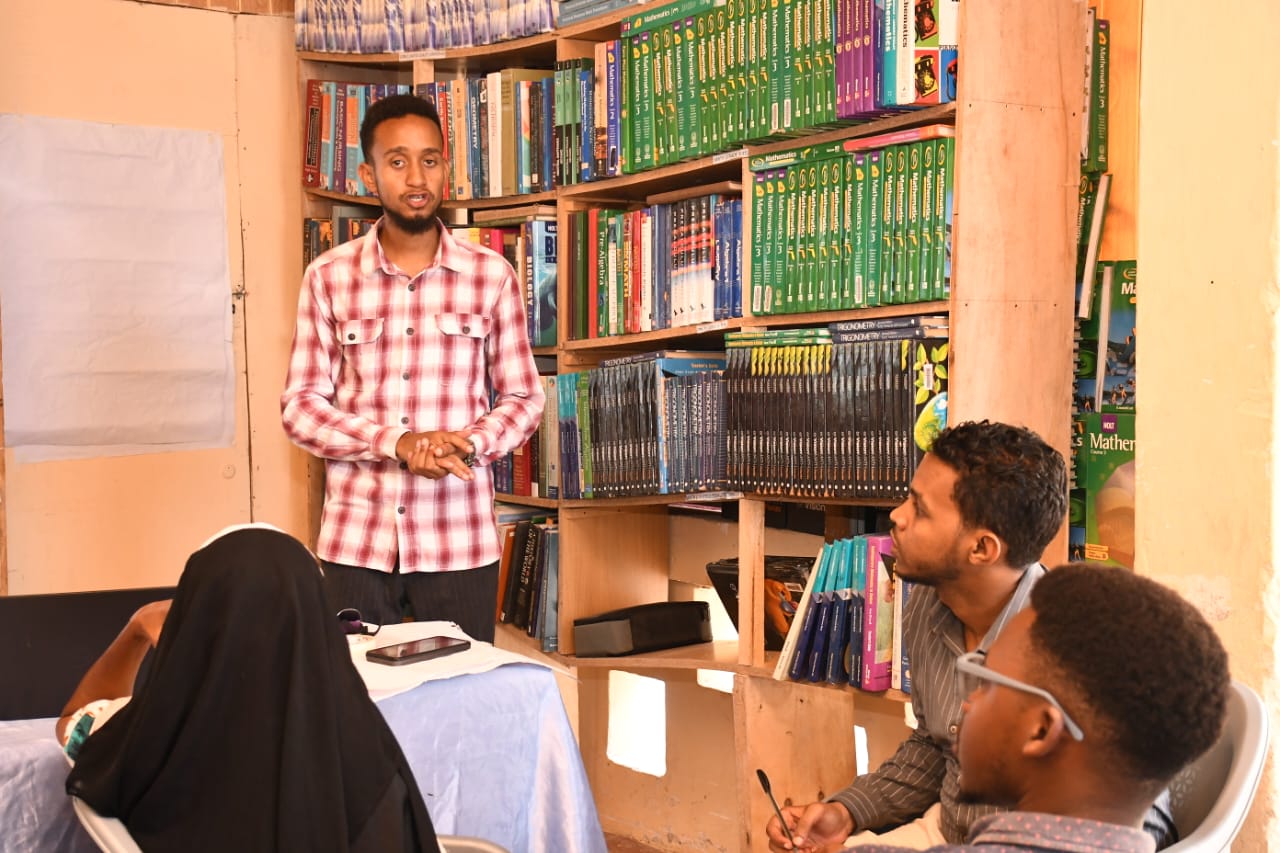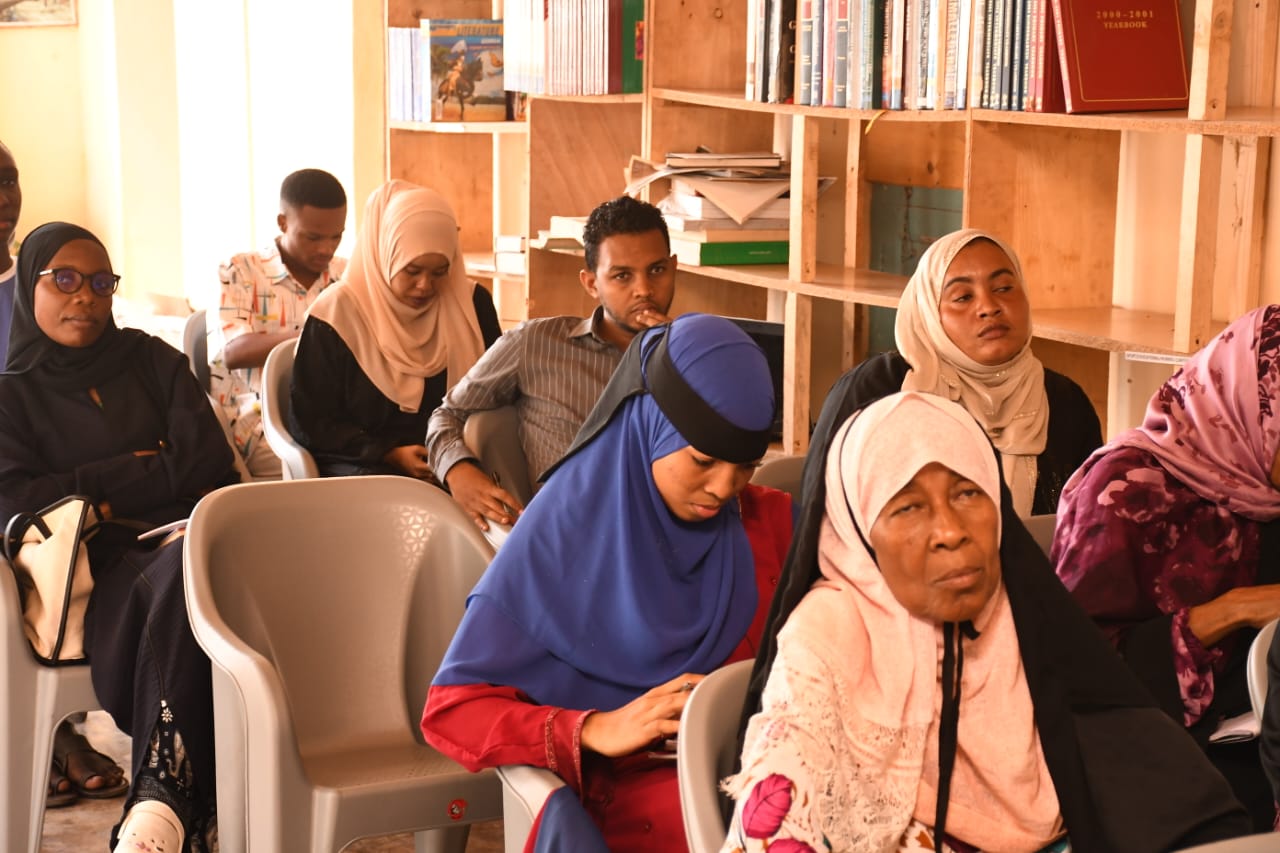Lamu Youth Alliance Strengthens Community Capacity on FLLoCA Social Accountability
On 27th October 2025, Lamu Youth Alliance (LYA) convened a one-day training on Financing Locally-Led Climate Action (FLLoCA) Social Accountability at the organization’s offices in Lamu. The session aimed to deepen participants’ understanding of accountability mechanisms within the climate finance framework and strengthen their ability to actively engage in local climate governance processes.

The training focused on three key areas: County Climate Change Fund (CCCF) Mechanism – participants explored how the fund operates at the county level, emphasizing transparency, community participation, and resource allocation for climate-resilient initiatives. Participatory Tools for Climate Assessment – attendees learned practical tools and methodologies for assessing community vulnerabilities, capacities, and opportunities in addressing climate change.

Legal and Institutional Frameworks for Climate Change – the session highlighted relevant national and county laws, policies, and structures supporting climate action in Kenya. Participants included representatives from Ward Climate Change Planning Committees (WCCPCs), Civil Society Organizations (CSOs), and Nature-Based Solution (NbS) groups supported by LYA — namely Tarazak Women Group, Al Jannat Group, and Al Miftah Group. Through group discussions and participatory exercises, the teams successfully developed and applied climate assessment tools, building a stronger foundation for evidence-based planning and accountability.
.jpeg)
Speaking during the training, facilitators emphasized the importance of empowering local communities to take ownership of climate action through inclusive and transparent decision-making processes.

Legal and Institutional Frameworks for Climate Change – the session highlighted relevant national and county laws, policies, and structures supporting climate action in Kenya.
.jpeg)
Participants included representatives from Ward Climate Change Planning Committees (WCCPCs), Civil Society Organizations (CSOs), and Nature-Based Solution (NbS) groups supported by LYA — namely Tarazak Women Group, Al Jannat Group, and Al Miftah Group. Through group discussions and participatory exercises, the teams successfully developed and applied climate assessment tools, building a stronger foundation for evidence-based planning and accountability.
.jpeg)
Speaking during the training, facilitators emphasized the importance of empowering local communities to take ownership of climate action through inclusive and transparent decision-making processes.
“By enhancing local capacity for social accountability, we are ensuring that communities not only participate but also influence how climate funds are utilized to meet their unique needs,” said one of the LYA program officers.
This activity was supported by the Triple Benefit Project, which works to enhance community resilience and promote locally-led climate solutions across Lamu County.
The Lamu Youth Alliance remains committed to empowering youth, women, and community groups to play an active role in environmental governance and sustainable development in Lamu and beyond.